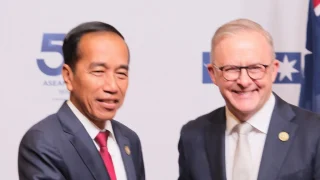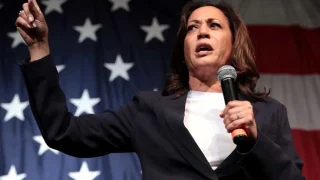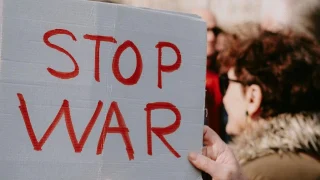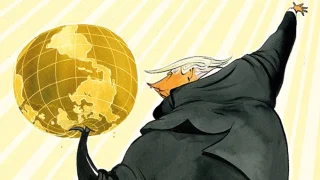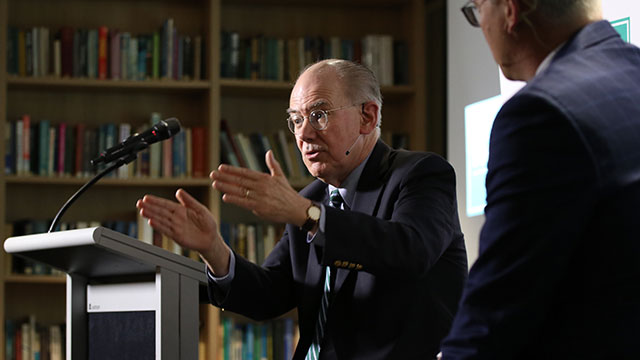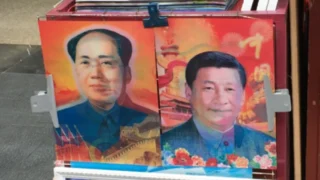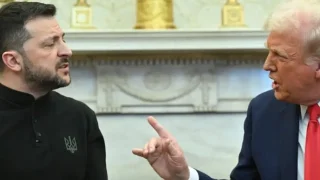
The Pacific, rather than being famous for blue waters and sandy beaches, is fast gaining a reputation for hosting corrupt, ineffective governments and dysfunctional economies. Papua New Guinea, the
Solomon Islands, Fiji and Vanuatu have all faced serious political and economic instability in recent years and the region boasts few real success stories.
Tonga could be one. But only if, following the death of King Tupou IV, it moves from being one of the last absolute monarchies in the world to a modern state.
With a population of 100,000, Tonga is a small country by international standards but by the standards of the Pacific it is medium sized. Tonga boasts a long tradition of relative political stability and functioning institutions of law and order. Employment opportunities are few but emigration as a result of good health and education outcomes has become a safety valve, supporting the remaining population with remittance income from abroad. Agriculture and tourism have potential for future growth.
Despite these positives, something is rotten in the Kingdom of Tonga. Since 1991, GDP has fallen 1.1% per year, compared to a growth rate of 3.1% in Samoa over the same period. The reason for this difference is straightforward: Samoa has taken some steps to reform its economy and government while Tonga has not. So as living standards in Samoa have steadily risen, they have declined in Tonga.
The potential of the Tongan economy has been wasted by a monarchy and ‘nobility’ who have become wealthy by retaining a feudal social structure while the majority of the population has emigrated into economic exile in the United States, New Zealand and Australia. At least 80% of Tongans now reside overseas.
The recent death of the long reigning King Tupou IV has not diminished the dominance of the Royal family. The King still appoints the Prime Minister, the Deputy Prime Minister and judges in the Supreme Court and the Appeals Court. In a Cabinet of 14 members, ten are lifetime appointments made by the King, two are noble appointments and only two ‘commoners,’ that is, ‘non-nobility,’ are allowed to serve.
Popular support for democracy and economic reform has steadily gained momentum, culminating in a public service strike in late 2005 and the appointment of a commoner as Prime Minister. In an act of appeasement, public sector wages were raised by up to 80%, threatening macroeconomic stability.
As a result, the Finance Minister claims Tonga ‘is teetering on the edge of an economic crisis.’ The imminent crisis is an opportunity to carry out long neglected political and economic reforms.
The Royal family continues to dominate economic life, owning strategic monopolies and crowding out the private sector. The distinction between Crown and public ownership in about 40 enterprises is murky. Formal sector employment is consequently half levels in Samoa, where government has retreated from much of the economy. Arbitrary rules and licences, such as export licences for squash, also restrict growth.
Agricultural output has fallen below its 1980 level, a combination of remittances and concentrated land tenure stifling incentives to production. The economy cannot grow without changes to land tenure policy. Squash exports to Japan have been the only agricultural success; a glimpse of what would be possible with private property rights and long term leases.
Land policy and government regulation keep out foreign investment, which is needed to expand tourism—up to now an industry that has been ignored. The Vava’u group of islands is one of only two places in the world where tourists can swim with whales, yet only a trickle of tourists currently visits. If the government’s tourist targets were met with current infrastructure, every room in Tonga would have to be filled with seven people every day of the year. New investment is badly needed. The monarchy and nobility should no longer resist the demands for political and economic change. Current suggestions presented to Parliament by the National
Committee for Political Reform, while encouraging, are inadequate. The King could continue to play a useful role as a constitutional head of state.
Gaurav Sodhi is a Policy Analyst working in economic and foreign policy at The Centre of Economic Studies. He has a Bachelor of Economics and a Bachelor of Arts degree from UNSW, with majors in economics and political science.


